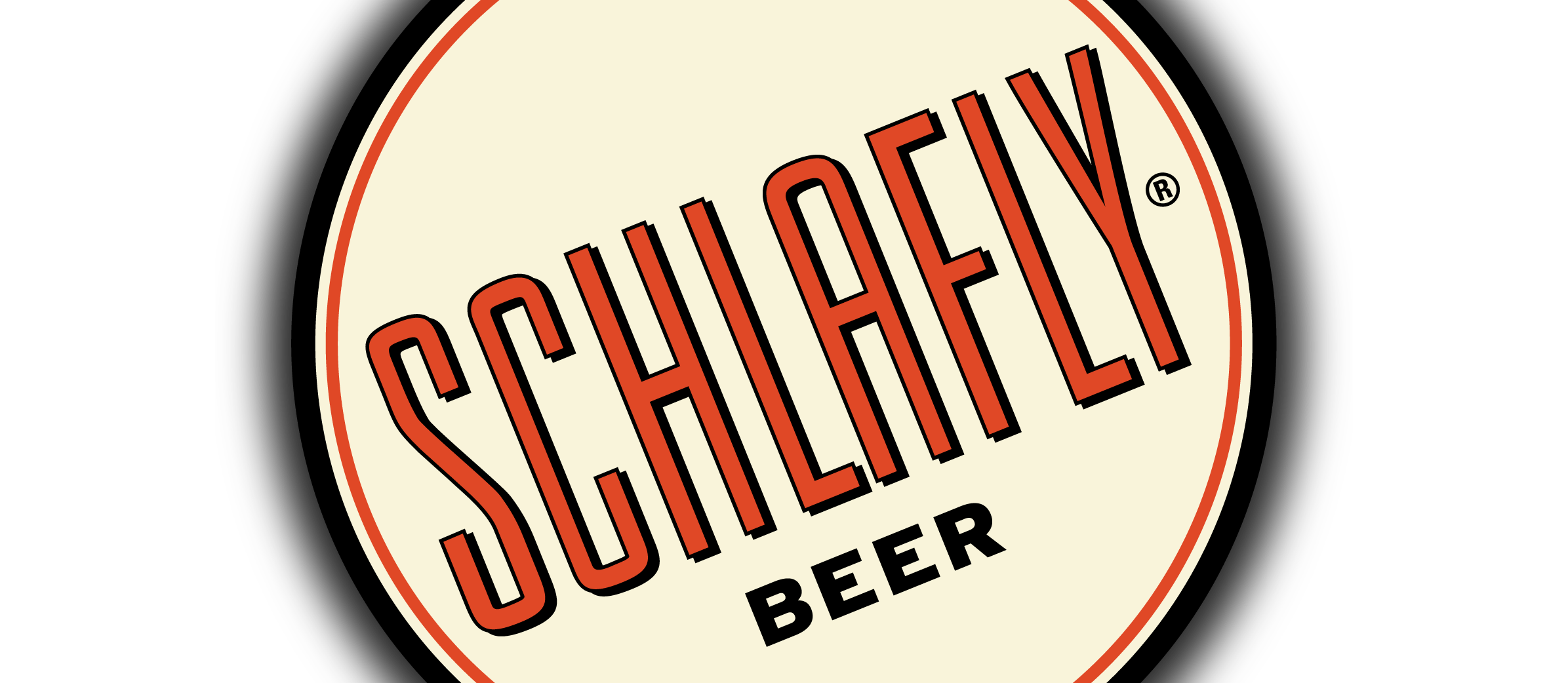
As some alert readers (ARs) know, I’ve served on the board of The St. Louis Public Library longer than I’ve been in the beer business. When The Schlafly Tap Room opened in 1991, I had already been on the library board nearly seven years, having been first appointed by Mayor Vincent Schoemehl in December of 1984. At the time John Robert “Jay” Ashcroft was still in elementary school.
Jay Ashcroft is now the Missouri Secretary of States and is running for Governor of Missouri, an office his father held from 1985 to 1993, which coincided with my first eight years on the library board. One of the things for which Jay is most famous is his proposal to deny funding to public libraries that allow teenaged ARs to have access to books and other materials he considers unsuitable for students in high school, middle school or elementary school— as he was during most of his father’s time as governor.
While some concerned citizens are working to restrict the materials that minors can find in libraries, others are demanding that works of literature actually be rewritten so as not to offend contemporary sensibilities. The writings in this category include books I was assigned in school, such as those by Mark Twain and Roald Dahl; and those I read on my own, like Ian Fleming’s James Bond novels. They also include such pre-school favorites as books by Dr. Seuss.
It should be noted that the rewriting of literary classics is not a contemporary phenomenon. Over 200 years ago Dr. Thomas Bowdler published The Family Shakespeare, an expurgated edition of the plays by the Bard of Avon. Fortunately, I was able to read the non-bowdlerized versions in high school and college.
The zeal for purging controversial language is not limited to works of literature, but now extends to the names of sports teams at the professional, college and high school levels. One of the earliest name changes for reasons of political sensibilities in my lifetime took place 70 years ago when The Cincinnati Reds were renamed The Redlegs during the peak of McCarthyism. Six years later, with the so-called “Red Scare” presumably abated, the name Reds was restored.
In 1964 The Houston Colt .45s were renamed The Astros, though this name change may not have been prompted by public discomfort with firearms, as was the case when The Washington Bullets were renamed The Wizards in 1995. Thirteen years later The Tampa Bay Devil Rays rebranded themselves simply as The Rays in response to public outrage over allegedly celebrating Satanism at the ballpark. More recently The Cleveland Indians became the Guardians, which will make for an interesting matchup when they play the American League team in Los Angeles in a Guardian-Angel showdown. Finally, Washington became the only city of which I’m aware in which two professional sports teams have changed their names solely to accommodate public sensibilities, as happened when The Redskins were renamed The Commanders.

Offended by Spirit of Justice?
Also in the nation’s capital, George Washington University is joining the long list of colleges that have changed the names of their sports mascots in response to outcries from students, faculty, alumni and others. GW teams will no longer be called The Colonials. As far as I know, a replacement name has not yet been selected, though The Blue Fog is a strong contender. Seriously. Knowing that some ARs might regard this moniker as an appropriate metaphor for the federal government, for academia in general, or for the legalization of recreational cannabis in The District of Columbia, why not choose it as the name of popular local sports team?
If the term Colonial is in fact problematic, there could be implications for my wife’s home town of Cologne, Germany, which was founded by the Romans and was originally called Colonia, which means Colony in Latin. Not only could there be pressure to change the name of a city that’s over 2,000 years old; I’m wondering if some people may want us to change the name of our Kolsch beer, a style whose name was inspired by the city in which it originated.
One sports team whose name is probably not controversial is that of our neighbor St. Louis City SC. In addition to sparking an enhanced enthusiasm for soccer in St. Louis and a major revitalization of our neighborhood, the owners of St. Louis City have provided a huge boost to the arts in St. Louis in the form of The Counter Public Exhibition, more information about which can be found at www.counterpublic.org. It consists of 25 exhibits extending more or less along Jefferson from Sugarloaf Mound near South Broadway and Ohio Avenue in South St. Louis to The Griot Museum of Black History on St. Louis Avenue on the Northside. While I have not yet visited all the exhibits, I have been fortunate to see Pillars of the Valley, an impressive installation at CityPark Stadium, not far from The Schlafly Tap Room.
I do not know if any of these exhibits would be considered controversial by some. Who knows? In 2002 United States Attorney General John Ashcroft (Jay’s father) was so offended by Spirit of Justice, a sculpture at the headquarters of the U.S. Department of Justice, that he ordered it covered with curtains at a cost of thousands of dollars to U.S. taxpayers.

Tom Schlafly
Chairman – The Saint Louis Brewery
